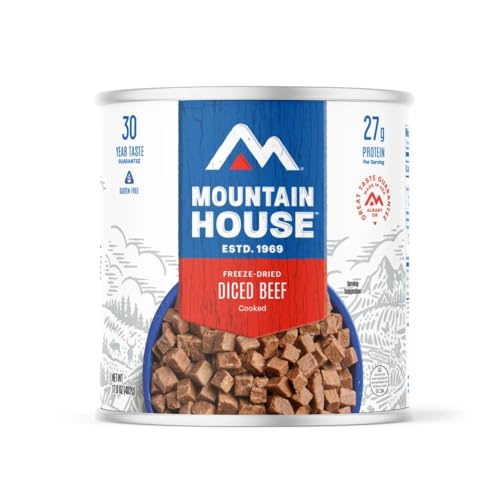Three cases, and it's declared an epidemic on the Gulf Coast, really? I live on the Gulf Coast and have most of my life, and I'm calling it bovine excrement! And now for my two cents:
The CDC, like many other barely functional, if at all government agencies, is trying to look like they deserve the money they are going to be asking for from Congress (the taxpayer), so they have to have dangerous diseases and viruses and such, anything to scare the sheep to justify its existence. Nowadays, they've been politicized and weaponized as tools to force an agenda to "save the planet," and a few swollen-headed experts running the show know better than you. How many times in the history of our species have some rulers tried to force human nature into a cookie-cutter top-down society or mold mother nature to do their bidding, causing one catastrophic disaster after the other because they didn't understand anything about ecology and how everything is dependent on everything to one degree or the other; the butterfly effect; mother nature knows all, and we crap all over her every day. In our defense, we do not know what we do; we're still immature.
Over the past three years, I've lost a lot of respect for scientists, doctors, hospitals, and big pharma, where we have seen the curtains pulled back on Oz the Powerful metaphorically. They're all beholden to someone for something and, therefore, controllable in one way or the other, not the American people they are supposed to serve. Mostly, it's for the money, human nature 101, page 1. Are there good ones? Sure, there are, but it's hit-and-miss at best unless you've known one of them for years. I'll be 70 in a few months, and finding a good doctor within the right specialty nowadays, even in Houston, can be challenging. Most are young, lacking experience, and up to their necks in student debt, working with big-time health provider-patient mills, which help them with said debt for x number of years to pay it off. When I was a practicing engineer, to get commercial and even more so with civil projects done, we had to work with various disciplines of scientists on various impact studies for the fed, state, and local governments, so they all got their cuts; it's a racket, I can promise you—many with universities. As long as the requested "fees" are paid to the right people by the right people, things move along slowly, by design, but moving nonetheless. Buck the system, and you're in a world of... well, you get the picture.
Be skeptical. I'm reminded of something Mark Twain said...
"When you find yourself on the side of the majority, it's time to pause and reflect."
Keep that in mind, I have for the past 20 years now, and it's served me well. I'm a bit of a loner as is, but my health has me down, and all I want to do I get out of town and on my own once again.
































































